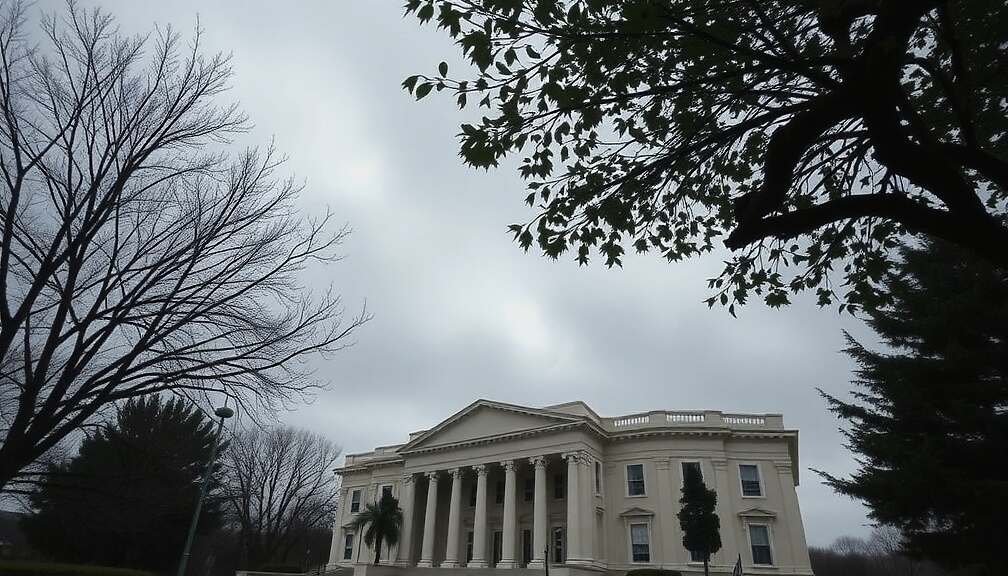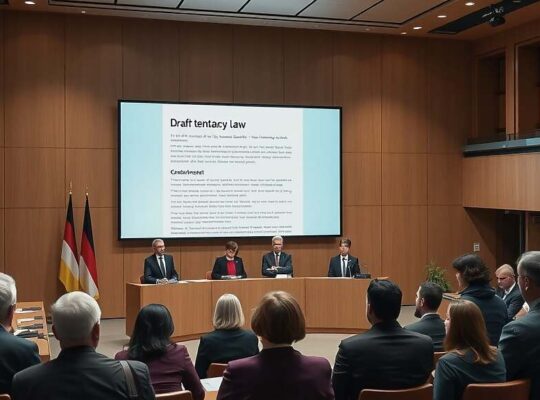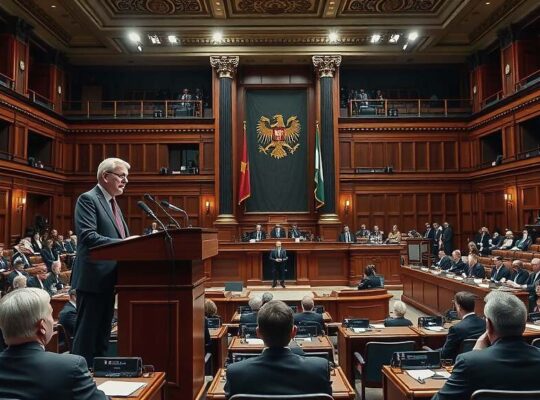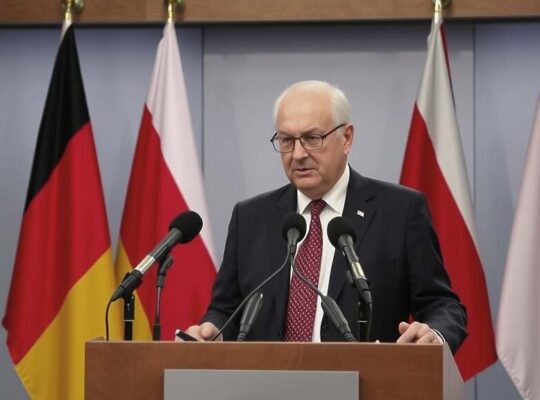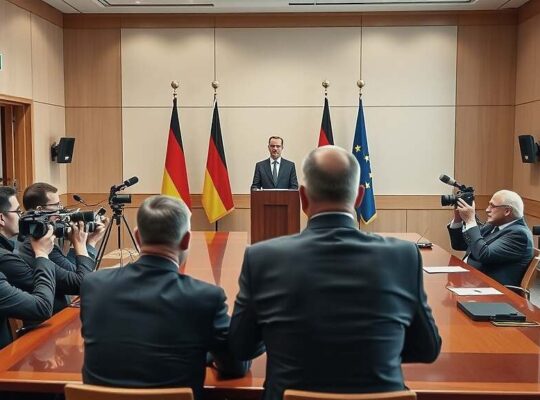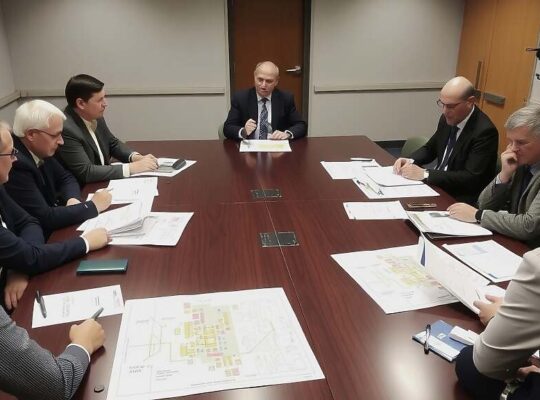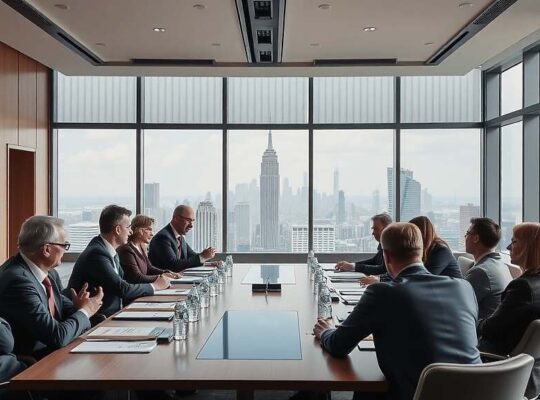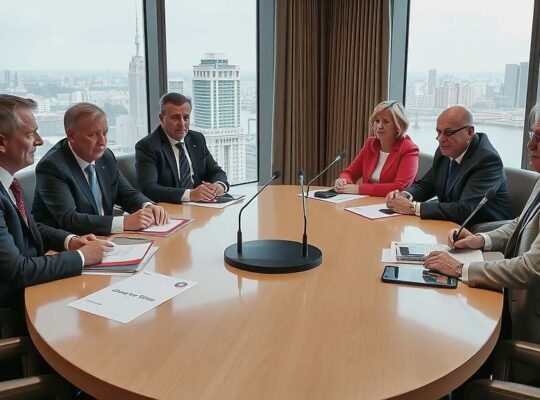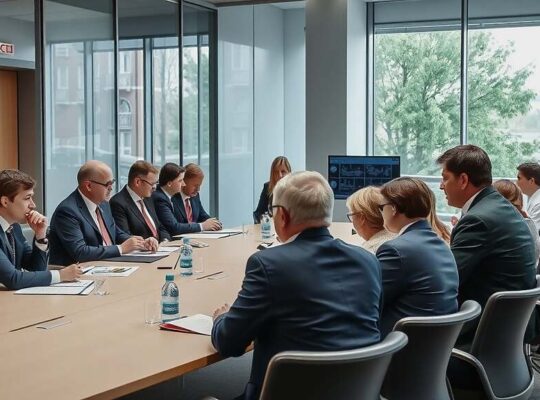The German Interior Ministry, under the leadership of CSU politician Alexander Dobrindt, is signaling a potential escalation in efforts to curtail organizations perceived as promoting extremist ideologies. Following the recent ban of the “Muslim Interaktiv” association and subsequent raids, Dobrindt stated that further similar legal proceedings are not being ruled out.
Speaking in Berlin on Wednesday, Dobrindt revealed that searches were conducted not only at “Muslim Interaktiv” premises but also at those of “Generation Islam” and “Realität Islam” demonstrating a wider scope of investigation. This suggests that the government views these groups as potentially linked and subject to similar scrutiny. The existing ban against “Muslim Interaktiv” was justified, according to Dobrindt, on the grounds that the organization violated Germany’s constitutional order and undermined intercultural understanding.
The raids themselves, conducted on Wednesday in Hamburg and involving seven locations, were based on judicial orders. Simultaneously, twelve locations in Berlin and Hesse were searched as part of ongoing investigations into “Generation Islam” and “Realität Islam” under association law.
While Dobrindt emphasized a commitment to combating radicalization regardless of its origin, the series of actions raises concerns about the potential for overreach and the impact on freedom of assembly and religious expression. Critics argue that defining “radicalization” and determining the boundaries of permissible expression remain complex and potentially susceptible to political bias. The government’s willingness to pursue further bans, particularly without detailed public explanation of the specific evidence utilized in each case, risks fueling accusations of politically motivated crackdowns and demands careful legal and public scrutiny to ensure due process is upheld. The ongoing investigations into the remaining two organizations, “Generation Islam” and “Realität Islam” are likely to remain under intense observation.


